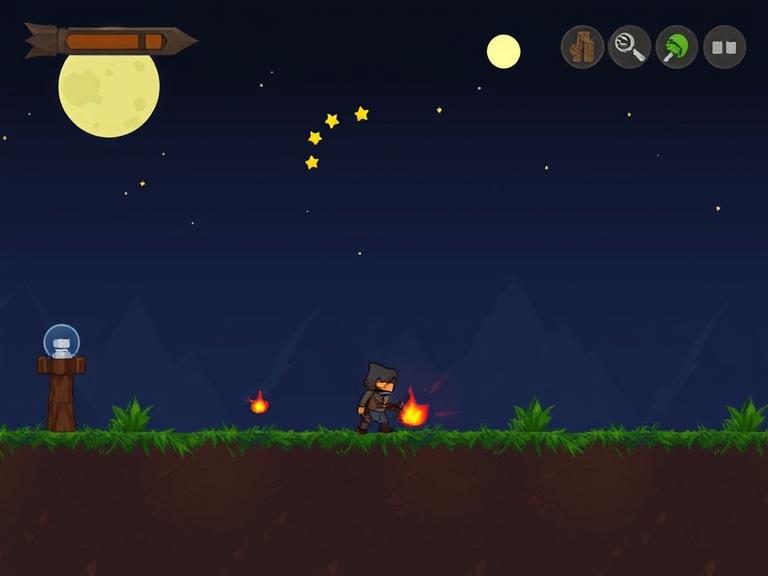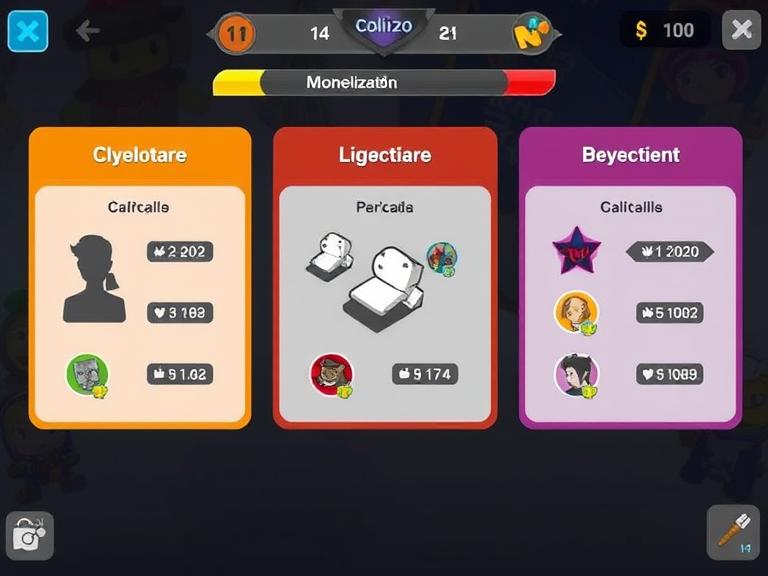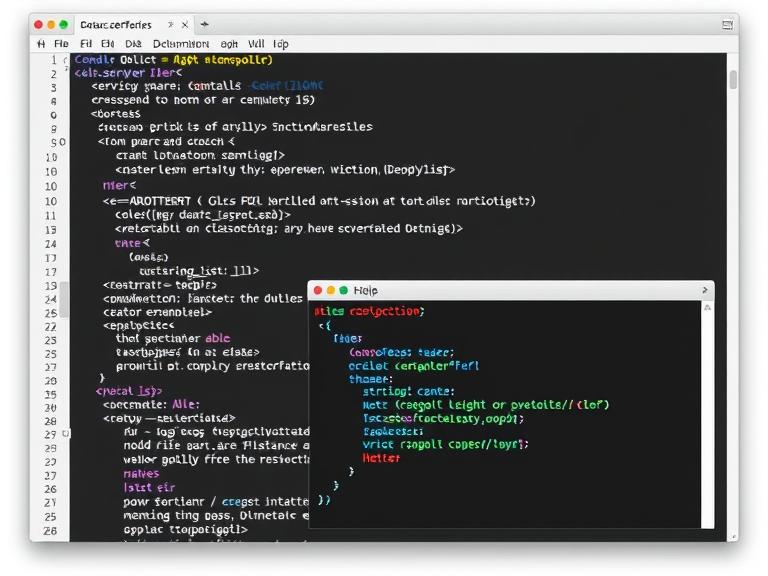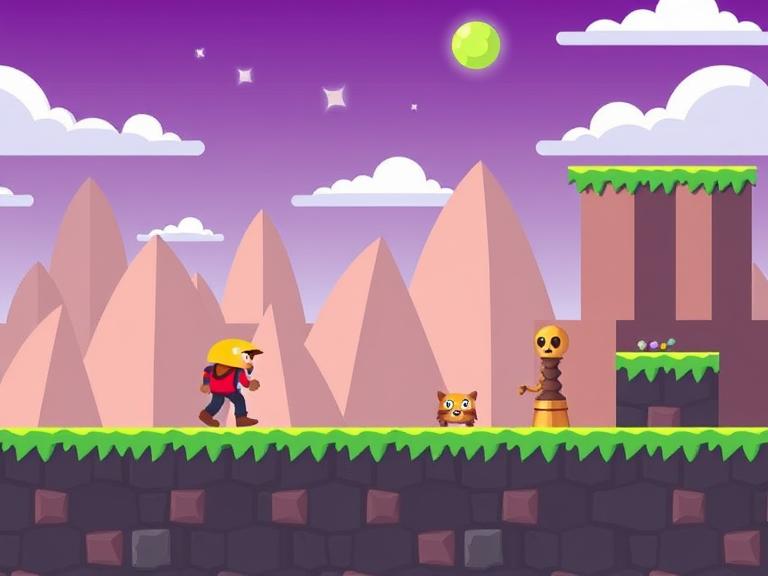Category: Blog
Game physics simulates real-world behavior in virtual environments. From gravity and collision to friction and velocity, physics brings realism and interactivity to games—whether it’s a bouncing ball or a ragdoll character. Key concepts: 2D vs. 3D Physics: Common uses: Modern game engines like Unity, Unreal, and Godot provide built-in physics engines (e.g., PhysX, Bullet). While […]
Godot is a lightweight, open-source game engine that excels in 2D development. It offers an intuitive interface, a custom scripting language (GDScript), and a powerful scene system that makes it ideal for creating pixel art, platformers, and mobile games. Why Godot for 2D games? Core concepts: Example: Moving a character gdscriptКопироватьРедактироватьextends KinematicBody2D var speed = […]
C# is the primary programming language used in Unity, enabling developers to define how game objects behave. With C#, you can build everything from player movement and AI to menus and score tracking. Why C# for Unity? Basic C# concepts in Unity: Example: csharpКопироватьРедактироватьpublic class PlayerMovement : MonoBehaviour { public float speed = 5f; void […]
Unity is one of the most widely used game engines for building 2D, 3D, VR, and AR experiences. Known for its flexibility, powerful tools, and large community, Unity is a great starting point for aspiring game developers. Why choose Unity? Core components of Unity: Getting started: Unity is beginner-friendly, but also powerful enough for professional […]




